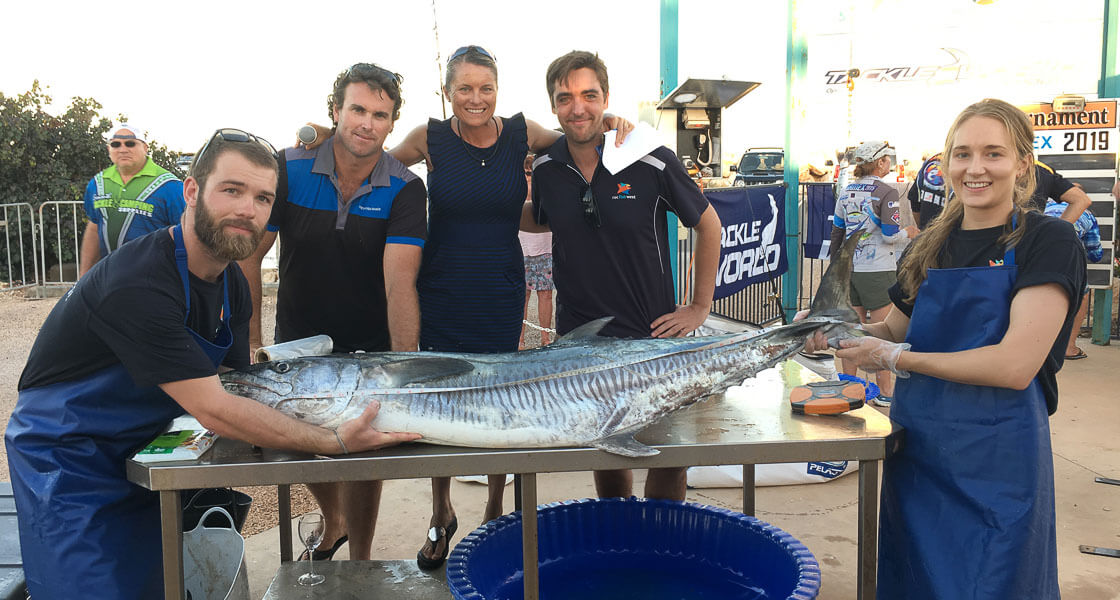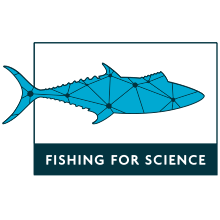Research and sampling methods
At each of the tournaments that we run Fishing for Science activities, we will collect and collate data for State, national and international species of significance (i.e billfish, tuna, dolphinfish, mackerel and wahoo).
When we attend tournament events, we will record all the body measurements of all fish brought into the weigh-in. We will collect data on the fishes’ length, weight, girth and condition. In addition, small dissections will be conducted on site, which has in previous years been the most engaging aspect of the sampling method. Dissections will be done to determine the gender of the fish, the recent diet via stomach content analysis and small samples are collected and stored for further genetic research. There will be no otolith (ear bone) extractions, however, they can be done if a research partner is present and required otoliths for their research.
In addition, the angler will be asked about the conditions such as the time, tides, temperature of the water and moon phase of the capture.
Body condition
We generally record the gonad status of those fish sampled, which can then determine the fish’s level of maturity. This is often a point of interest for fishers as some of the fish sampled may only be six months old but already sexually mature.
We also collect any parasites present on or in the fish assessing what impacts these parasites have on their host. By collecting parasites, we will be able to monitor and compare this aspect of the fishery’s health and identify any negative parasite trends.
We catalogue and store any biological samples that are taken in freezers, making them readily available to other researchers who require specific samples of specific species. Recfishwest researchers upload fish sample information to an online database called ‘Otlet’ – a global open-access platform to share and source biological samples.
Check out Otlet here
The type of analysis we are able to carry out on stored biological samples will vary significantly depending on the research requirements, therefore, we do not include these fish in our base sampling. However, we will freely provide these samples to other researchers if required.
Partnering with other research organisations
In the past Recfishwest has collaborated with the State Government's Department of Primary Industries and Regional Development (formerly Department of Fisheries), universities and research providers to identify and deliver research sampling data needs that support research projects.



